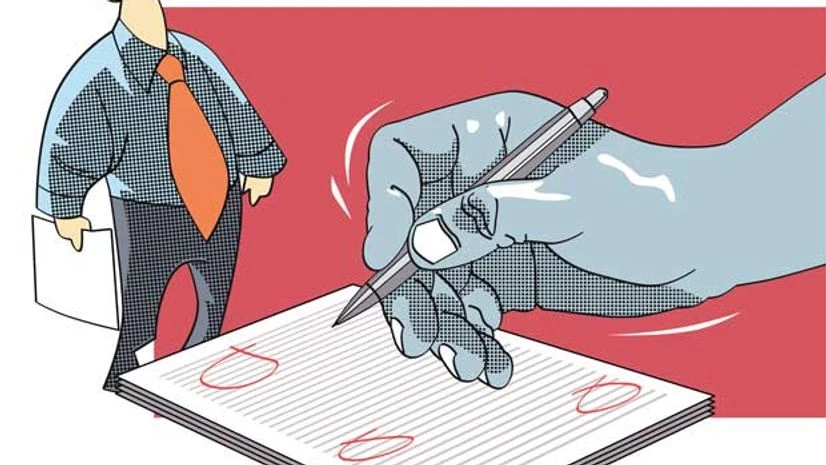With the Supreme Court ruling that the National Eligibility-cum-Entrance Test (NEET) would be the only test for admissions to medical courses in India, the Centre and the states have gone into a huddle and are discussing and debating the matter. While most states are in favour of NEET, some have expressed concerns with regard to the difference in syllabus between state boards and CBSE, logistical issues and language barriers.
Finance minister Arun Jaitley too expressed his concern over judicial overreach on Monday and said the judiciary must draw its own "Lakshmanrekha" and not take decisions that encroach in the domain of the executive. He also hinted at executive action in the matter of NEET.
In recent times, the Supreme Court has ordered the Centre to create a new policy to handle drought, set up a special investigation team to look into charges of wife-swapping in the navy (among navy officers). It even wanted licences for dance bars in Maharashtra to be issued in two days.
In the past too, the Supreme Court has interfered with legislative actions.
Five cases of judicial activism that has put the government on the spot:
SC orders Centre to create a new policy to handle drought: While there is no doubt about the precarious condition of farmers in drought-hit Maharashtra and some other places, with famer suicides on the rise, the question, however, is whether the Supreme Court has the right to order the government to frame policies.
It has ordered the government to look into drought management, abandon the current and existing system and form a transparent policy - with a set time-frame for declaring drought and a standard methodology.
More From This Section
The apex court has also directed the Union government to set up a National Disaster Mitigation Fund within three months.
But, India already has a National Disaster Response Fund and the State Disaster Response Fund, the efficacy of the two are a different matter altogether.
A fuming Jaitley even said: “We have the National Disaster Response Fund and the State Disaster Response Fund and now we are being asked to create a third fund. The Appropriation Bill is being passed. Now outside this Appropriation Bill, we are being told to create this fund. How will I do that? India's budget-making is being subject to judicial review.”
SC orders government to set up a bad loans panel: It can be debated whether the apex court even has the authority to decide how the banks with collect their dues or even with respect to write-offs.
But the Supreme Court has ordered the government to appoint a committee to look into the issues pertaining to bad loans and the huge write-offs by public sector banks. This, despite the Reserve Bank (RBI) counsel saying that systems are already in place for most of the issues raised.
SC issues notice to Arunachal Pradesh governor: Recently, the Supreme Court had issued a notice to Arunachal Pradesh governor Jyoti Prasad Rajkhowa, which was later recalled. The decision to recall the notice was taken under Article 361, according to which the governor and the President are not answerable to any court in the exercise of powers and duties of office. Their conduct can however be reviewed by court.
Rajkhowa had submitted reports to the Centre, stating the political crisis in the northeastern state and hence recommended President's Rule be imposed. The Congress party had then filed a petition challenging it in the Supreme Court.
Later, Kalikho Pul, the former finance minister of the state, won the vote of confidence without any opposition. 17 Congress MLAs including former chief minister Nabam Tuki remained absent in the House.
Chief Justice of India TS Thakur says time to audit govt: Frustrated with the delay in law enforcement, Chief Justice of India TS Thakur said that there needs to be some process to audit the performance of the government. The question once again is whether such an action is constitutionally correct.
Thakur said this in the context of the delay on the part of the NDA government in taking a call on proposals of the apex court (collegium system) with respect to appointing judges to various high courts across the country.
Reforming Board for the Control of Cricket in India (BCCI): The Supreme Court is trying its best to reform the Board for the Control of Cricket in India (BCCI). This is surprising since the BCCI is a private body.
Another major instance of judicial activism, which perhaps can even top the charts is when the Supreme Court took away the constitutional right of the President of India to appoint judges. This was done after consultations with the Chief Justice, and the power was appropriated in the Chief Justice and a collegium of four judges. It is based on its own judgements which are collectively known as the Three Judges Cases.

)
